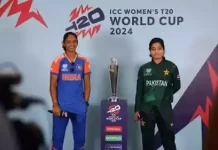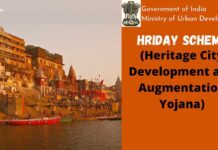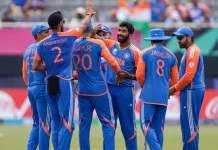Article 44 of the Constitution directs the state to secure to all citizens a uniform civil code. The constituent Assembly debates in this regard, however, do not specify what values are to be incorporated in such a code. On the contrary, in an attempt to safe guard various minority personal laws, K M Munshi, Alladi Krishnasami Aiyar and B R Ambedkar assured the Muslim members of the Constituent Assembly that such a code, when enacted, would not unilaterally be imposed on all citizens.
The question of Muslim personal law is currently being debated within the community itself as well as by others in the country. In general, various suggestions have been mooted to bring about reforms in the existing personal law. This has provided another opportunity to the sangh parivar and its allies to open yet another front against the besieged Muslim community.
The argument that a common civil code will bring justice to Muslim women has led many secular Hindus to believe that Muslims are opposed to national unity and that it is only Muslim personal law which is riddled with gender inequalities. The reality is that the personal laws of all communities are laden with in equalities. A discernible bias exists not only in some of the provisions of Hindu law but even in the supposedly secular Special Marriage Act.
Social Demands
The enactment of a common code is not merely an academic issue but a practical problem whose solution, and the way the solution is found, is sure to have far reaching repercussions. Given the size of the country and its social, cultural and economic diversity, it is not easy to implement the provisions of a uniform civil code. The gravity of the matter demands that we steer clear of narrow-mindedness, rule out the possibility of such a code for the time being and concentrate our energy on reforms within the existing personal laws.
The Muslims too should realize the demands and the realities of contemporary society. They should not preclude either procedural modification or reinterpretation and rewriting in contemporary legal demands to meet new social injunctions, without tampering with the core of the substance. They have to go along with right-minded people of the majority community if they want to secure a just solution. It is necessary for the Muslims to set their house in order
An all-out effort must be made to argue the case of the community in order to persuade the skeptics to see reasons in what we believe to be the Islamic position on issues such as inheritance, divorce (read triple talaq) and poly gamy. That is not to deny or be little the need for political efforts. It is time for the Ulema to deliberate on the cultural and social perspective and on the recent changes in personal laws brought about by some West Asian Countries and Pakistan. They should evaluate the scope of reform in the Muslim personal law in the country.
Family Laws
It will be welcome if the All India Muslim Personal law Board solicits views from other Muslim intellectuals and scholars to frame a code. The requirement is for an indepth study of the present day needs and also for an integrating force in the Muslim community for ushering in a new social order. As to how this principle should be applied in the fast changing society of our times is the big question to answer. One way of codifying Muslim personal law is to compile mandates concerning Sharia affairs. These could be in the form of clauses, with explanations. This code can, in due course, replace the ‘Mohammedan Law’ formulated by the British
At present, codification and reform of all family laws with a view to making them internally uniform and immune to possibly misuse is the only pragmatic solution. Any attempt to enact a uniform and immune to possible misuse is the only pragmatic solution. Any attempt to enact a uniform civil code by the sangh parivar will not be in consonance with the views of Guru Golwalkar, who in reply to a question about the necessity of such a code, said :’ I don’t think a uniform civil code is necessary for promoting the feeling of nationalism”
(The author is president of the Muslim Mainstream Movement, Delhi)


































